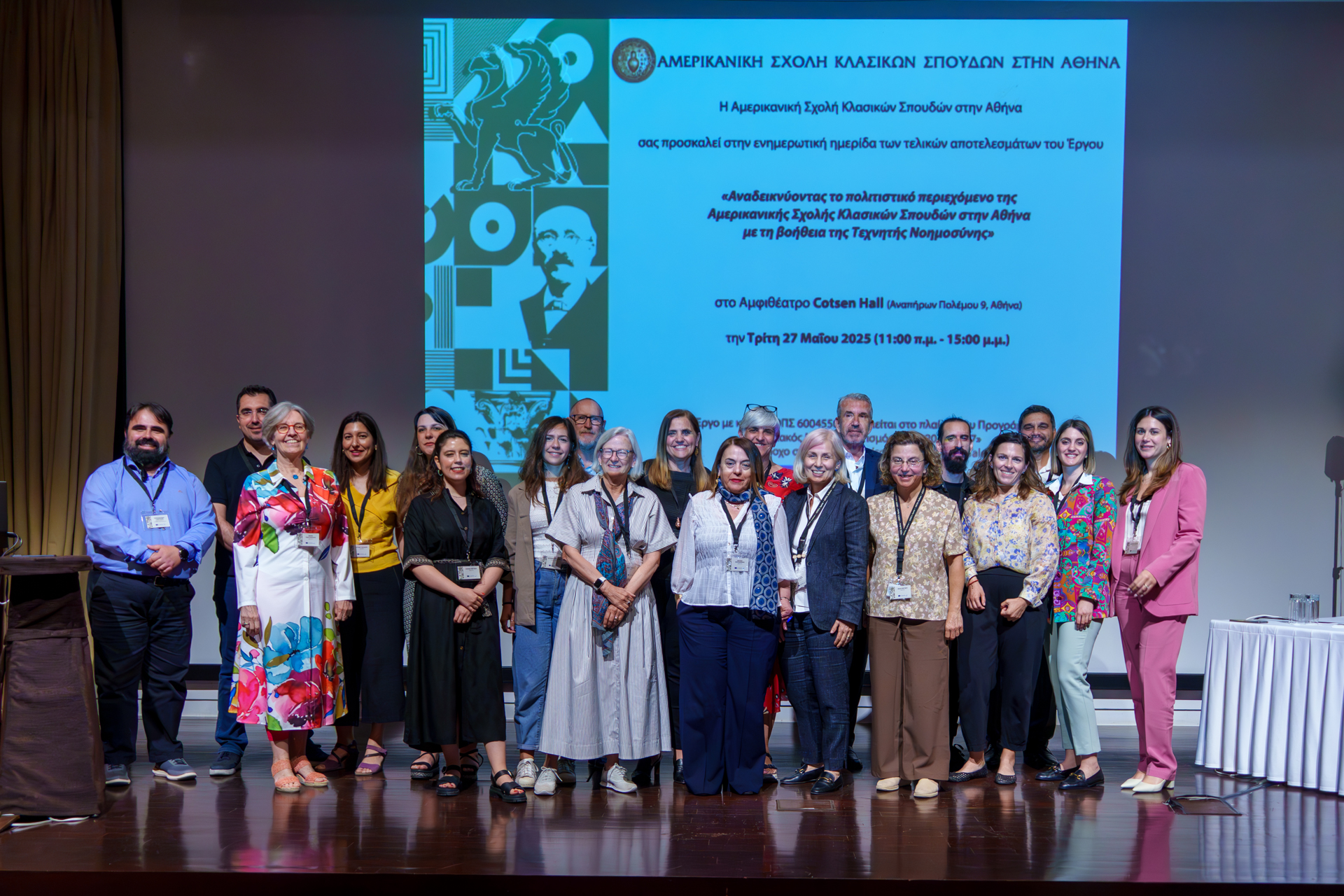
The project, with code OPS 6004550 and a total budget of €1.3 million, was implemented under the “Digital Transformation ESPA 2021–2027” Program. The contracting consortium consisted of MainSys, Master, and Talent, in collaboration with subcontractors EPISΕY and DATOPTRON.
As part of the project, 80,940 documents from Heinrich Schliemann’s correspondence archive, 2,500 complex documents from the albums of Joannes Gennadius, and over 220,000 excavation records from Ancient Corinth were digitized, documented, and highlighted through three targeted digital exhibition collections. A key component of the project was the creation of a Digital Repository with automated metadata enrichment, content mapping, and sharing with the National Documentation Centre (EKT) and Europeana. Furthermore, the development of a platform for creating multimedia and narrative digital exhibitions now offers multiple possibilities for all future exhibitions by the American School.
In addition to acquiring and supplying equipment and software, the project also adopted innovative technological solutions, such as the open-source tool iSkavo—a cutting-edge application for recording and utilizing information generated during archaeological fieldwork. At the same time, the crowdsourcing platform enhanced the participatory nature of documentation and the collection of valuable accurate information, encouraging the involvement of both the scholarly community (in the case of the Gennadius Library) and the local community (in the case of Ancient Corinth) in the interpretation and preservation of cultural heritage.
Artificial intelligence was used for the automatic interconnection, verification, and enrichment of metadata, offering new opportunities for managing and accessing invaluable archaeological material.
The innovation of this project lies not only in the technology used but also in the way cultural heritage is approached—not as a static past, but as a living and evolving ecosystem of knowledge. Digital innovation and artificial intelligence do not replace humans; they empower them, providing tools to interpret, discover, and disseminate the content of cultural heritage. This project stands as an example of creativity, scientific collaboration, and community engagement.
Significant Participation and High-Level Representation
More than 150 attendees were present at the event, including government representatives, officials from the Managing Authority of the Digital Transformation Program funding the project, and representatives from the Ministry of Culture. The Minister of Infrastructure and Transport and MP for Corinthia, Mr. Christos Dimas, sent warm greetings, while the Deputy Minister of Rural Development and Food and MP for Pella, Mr. Dionysis Stamenitis, honored the event with his presence.
Strategic Collaboration and Cultural Mission
Since its founding in 1881, the American School of Classical Studies at Athens has served as a pillar of archaeological research, education, and the preservation of Greek cultural heritage, in close collaboration with the Ministry of Culture. This initiative aligns with the School’s strategic framework for entering the era of Artificial Intelligence, with the goal of creating an open, accessible, and dynamically evolving cultural archive.
As Deputy Minister Dionysis Stamenitis stated in his greeting:
“Having known the American School of Classical Studies at Athens for over 25 years, I can confidently say that the School remains a pioneer in using technological achievements for archaeological study and for sharing and disseminating research to the broader public. Congratulations to everyone involved in the project, which exemplifies the School’s outstanding cooperation with the Greek state.”
The American School of Classical Studies expresses its sincere thanks to the staff of the Ministry of Culture, especially Ms. Elena Kountouri, Ms. Nikoletta Valakou, Ms. Giota Kassimi, Ms. Eirini Sykiotaki, and Mr. Eleftherios Litsos; the staff of the Managing Authority of the Digital Transformation Program, particularly the project officer Ms. Ioanna Theologitou; representatives of the companies MainSys, Master, Talent, EPISΕY, and DATOPTRON; the scientific and technical advisor, the “Athena” Research Center; and finally, the School’s Director, Ms. Bonna D. Wescoat, and General Manager, Mr. Pantelis Panos, as well as their team, for their tireless and continuous contribution.
The project confirms that artificial intelligence can act as a catalyst for the generation and transmission of new knowledge, the enhancement of cultural research, and the international promotion of Greek cultural heritage.



